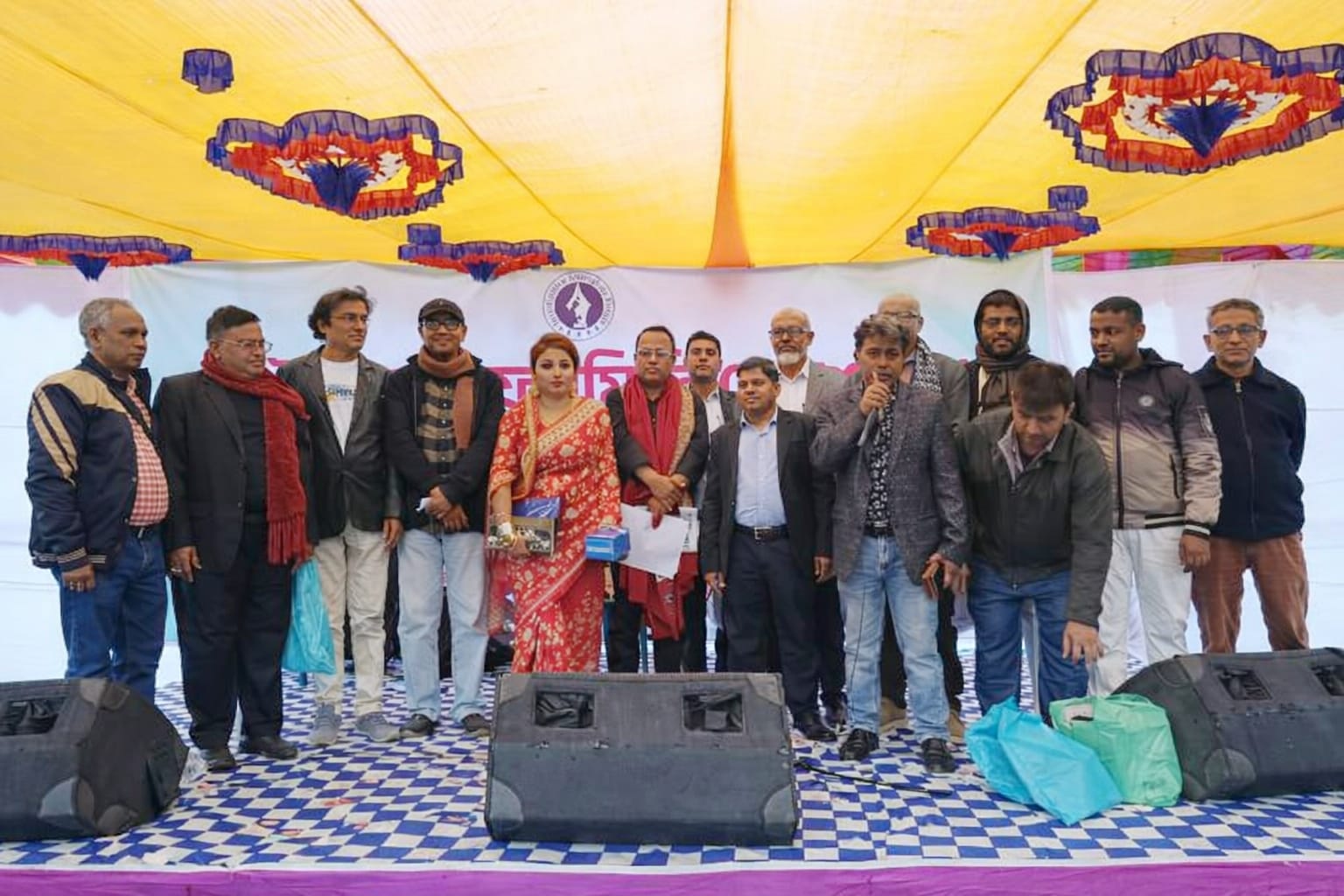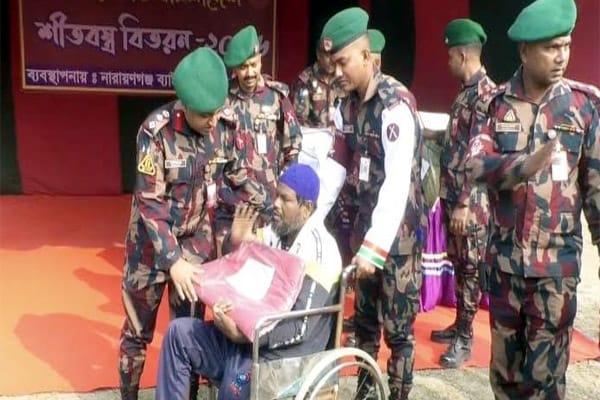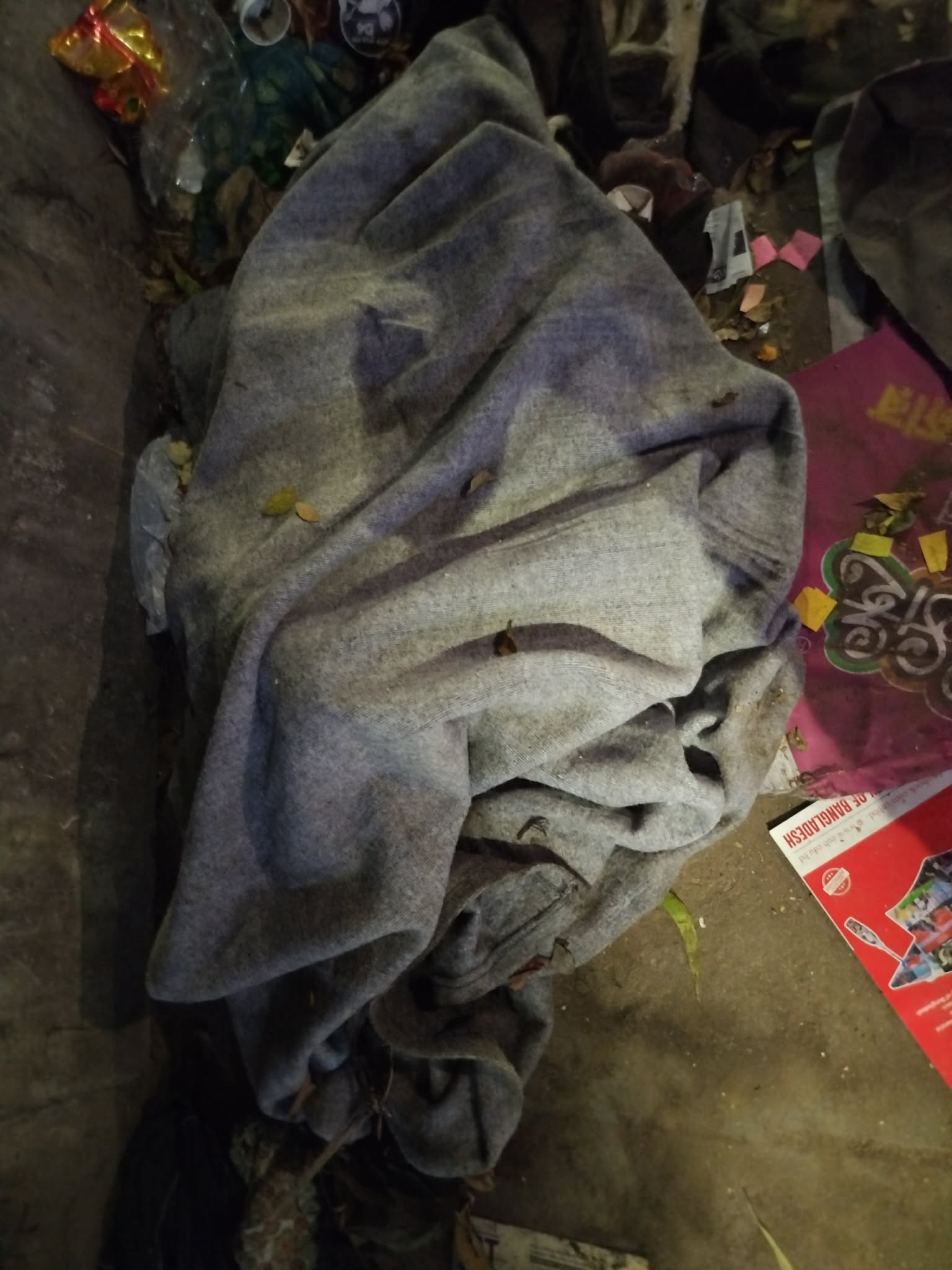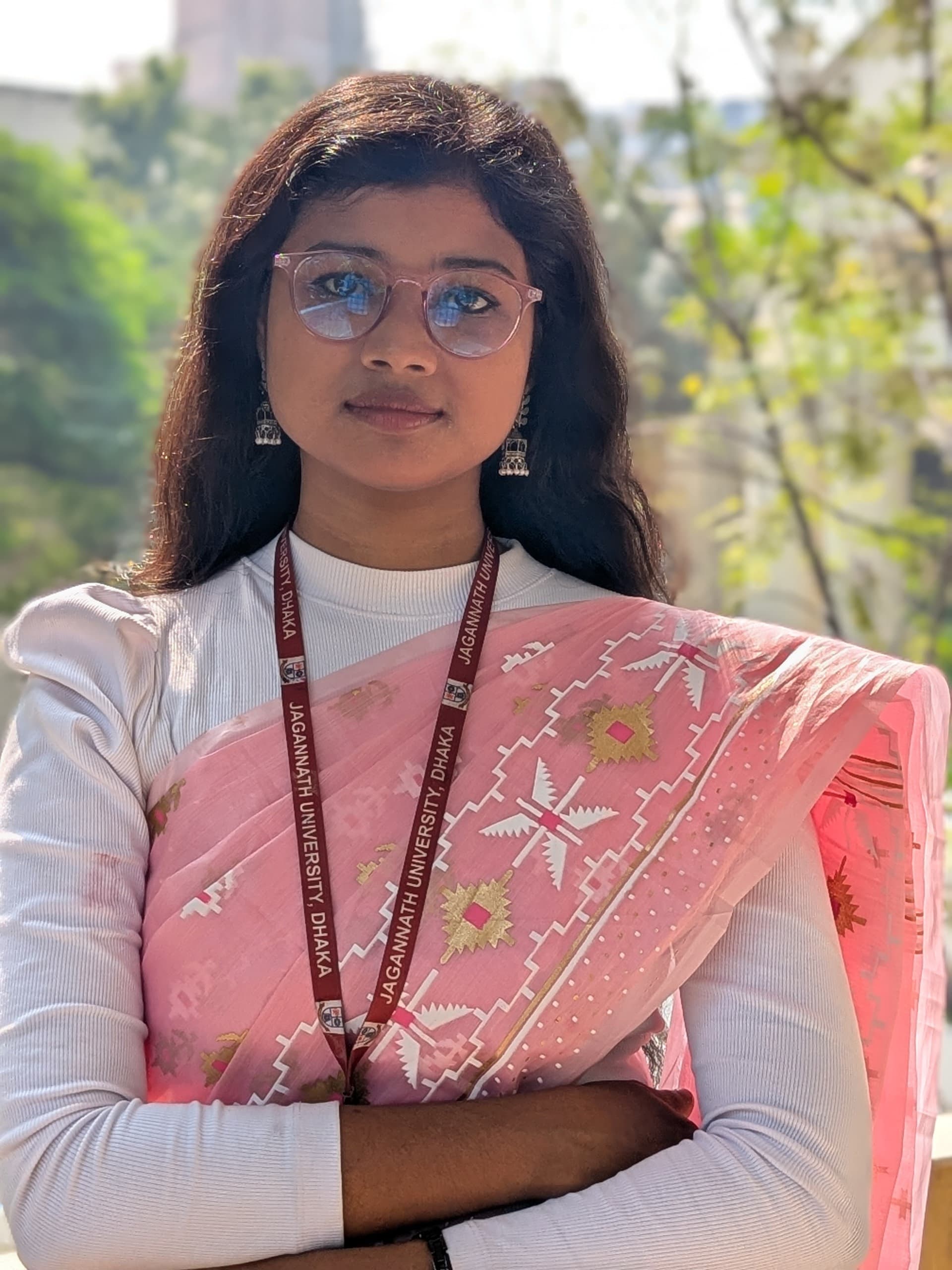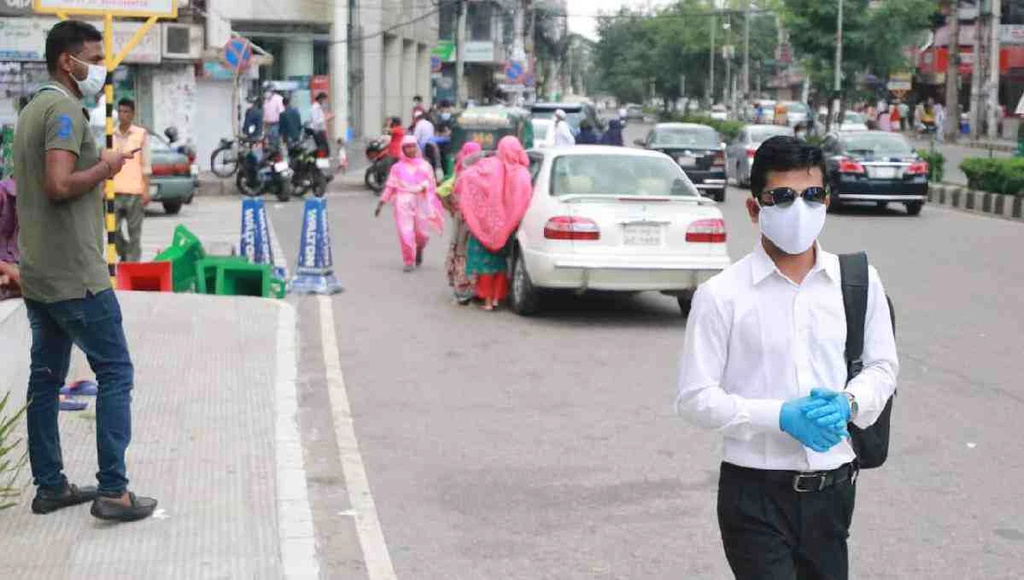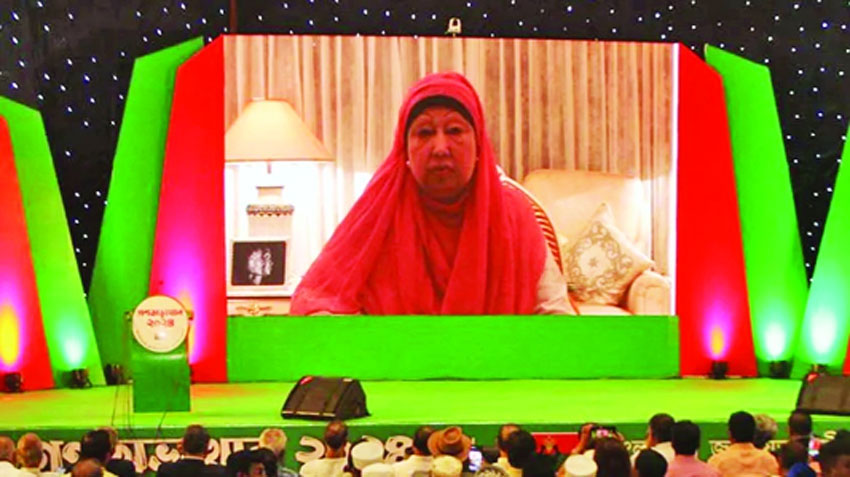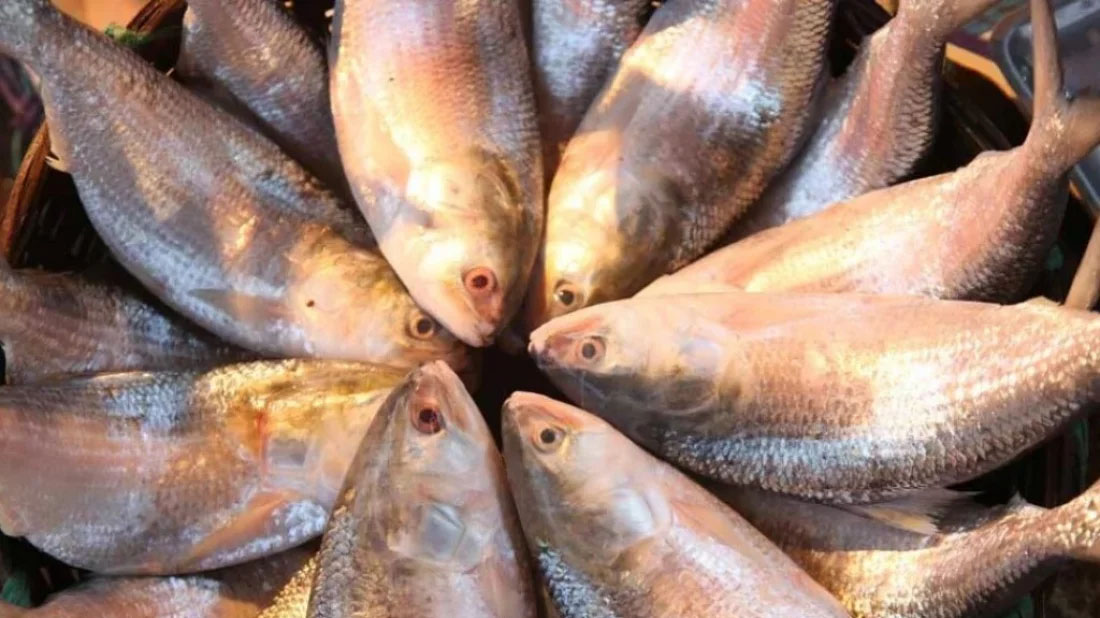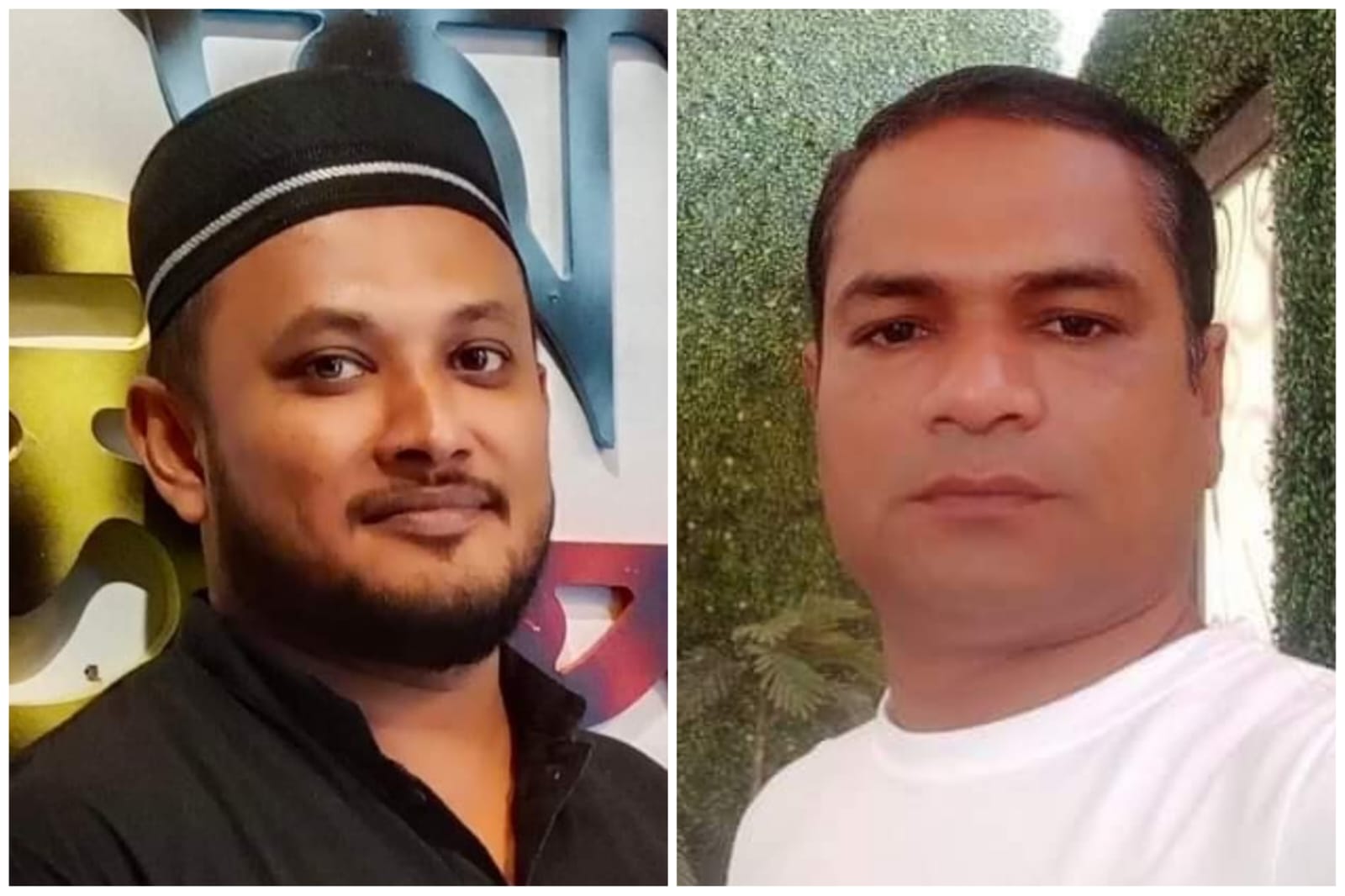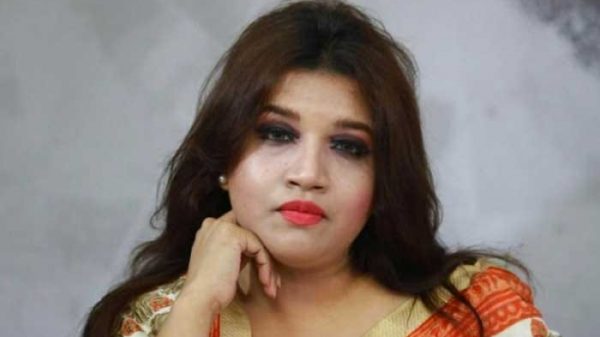- 2022-04-04 09:51:33
- LAST MODIFIED: 2026-02-24 12:57:34
Global outcry at ‘war crime’ killings near Kyiv as frontline shifts
International Desk
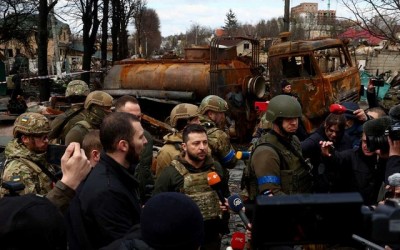
Ukraine's President Volodymyr Zelenskiy speaks to the media as Russia's invasion of Ukraine continues, in Bucha, outside Kyiv, Ukraine, April 4, 2022. Reuters
Global outrage spread on Monday at civilian killings in north Ukraine where a mass grave and tied bodies shot at close range were found in a town taken back from Russian troops, as Moscow shifted the focus of the fighting elsewhere.
The deaths in Bucha, outside Kyiv, looked set to galvanise the United States and Europe into additional sanctions against Moscow, possibly including some restrictions on the billions of dollars in energy that Europe still imports from Russia.
The discoveries overshadowed peace talks between Russia and Ukraine, due to restart on Monday against a backdrop of artillery bombardments in Ukraine's south and east, where Russia says it is now concentrating its operations.
"These are war crimes and will be recognised by the world as genocide," Ukrainian President Volodymyr Zelensky said on a visit to Bucha, adding it had become harder for Ukraine to negotiate with Russia since the scale of alleged atrocities emerged.
Taras Shapravskyi, deputy mayor of the town some 40 km (25 miles) northwest of Kyiv city, said around 50 victims of extra-judicial killings by Russian troops had been found there after Kremlin forces withdrew late last week.
Reuters saw one man sprawled by the roadside there, his hands tied behind his back and a bullet wound to his head. Hands and feet poked through red clay at a mass grave by a church where satellite images showed a 45-foot-long trench.
The Kremlin categorically denied any accusations related to the murder of civilians, including in the town, where it said the graves and corpses had been staged by Ukraine to tarnish Russia.
Ukrainian authorities said they had found 421 civilian casualties near Kyiv by Sunday and were investigating possible war crimes in Bucha, a description also used by French President Emmanuel Macron and, in reference to Russia's broader offensive, by the UN High Commissioner for Human Rights.
Reuters saw more makeshift burials elsewhere but could not independently verify the number of dead or who was responsible.
In the village or Motyzhyn west of Kyiv, its reporters saw three bodies in a forest grave. An adviser to Ukraine's interior ministry said the victims were the village's leader and her family.
Zelensky has used the term genocide at different times during the war, decrying what he calls an intent to eliminate the nation by Russian counterpart Vladimir Putin, who has questioned Ukraine's legitimate, independent history from Russia.
FLATTENED BY SHELLING
On the other side of the country in Mariupol, a southern port that has been under siege for weeks, Reuters images showed three bodies in civilian clothes lying in the street, one against a wall sprayed with blood. Outside a damaged apartment building, residents buried other dead in a shell crater.
"It is easier to dig here," one resident said, saying four bodies were in the improvised grave. Nearby, the skeletal remains of residential tower blocks and other buildings surrounded by dust and debris dominated the skyline, Reuters images showed.
Ukraine says it has evacuated thousands of civilians in recent days from the city, which is surrounded by areas in the hands of Russian-backed separatists in the Donbas region.
Several attempts by International Committee of the Red Cross teams to reach the besieged city in recent days have been unsuccessful, and a spokesman for the organisation said it was again unable to enter on Monday to evacuate civilians, a spokesperson said, citing security conditions.
Ukraine was preparing for what its general staff said were about 60,000 Russian reservists called in to reinforce the offensive there, while British military intelligence also said Russian troops, including contractors from the Wagner private military company, were moving to the east.
Reuters could not independently confirm the claims. Reuters correspondents saw convoys of armoured vehicles belonging to pro-Russia forces near Mariupol.
Serhiy Gaidai, the governor of eastern Luhansk region, said Russia was building up forces to break through Ukrainian defences. "I am urging residents to evacuate. The enemy will not stop, it will destroy everything in its path," he said in comments carried on Ukrainian television.
SANCTIONS ON RUSSIAN ENERGY?
German Chancellor Olaf Scholz said Russian President Vladimir Putin and his supporters would "feel the consequences" of events in Bucha. Western allies would agree on further sanctions against Moscow in coming days, he said, though the timing and reach of the new package was not clear.
Germany's Defence Minister Christine Lambrecht said the European Union must discuss banning Russian gas, though other officials urged caution around measures that could cause a European energy crisis. More than half of Germany's gas came from Russia last year.
France's Macron suggested sanctions on oil and coal, adding there were very "clear clues pointing to war crimes" by Russian forces.
As the UN Security Council prepared to discuss Ukraine on Tuesday, UN Human Rights Commissioner Michelle Bachelet told its Human Rights Council that strikes and heavy shelling during Russia's invasion had killed civilians in acts that might amount to war crimes.
The United States will ask the UN General Assembly to suspend Russia from the Rights Council, US Ambassador to the United Nations Linda Thomas-Greenfield said.
Kremlin spokesperson Dmitry Peskov urged international leaders not to rush to judgment, telling reporters on Monday that the facts did not support Ukraine's version of events in Bucha.
Russia has previously denied targeting civilians and rejected allegations of war crimes in what it calls a "special military operation" aimed at demilitarising and "denazifying" Ukraine. Ukraine says it was invaded without provocation.
Ukraine's foreign minister called on the International Criminal Court to collect evidence of war crimes. France and Britain would support any such probe, their foreign ministers said. However, legal experts say a prosecution of Putin or other Russian leaders would face high hurdles and could take years.

